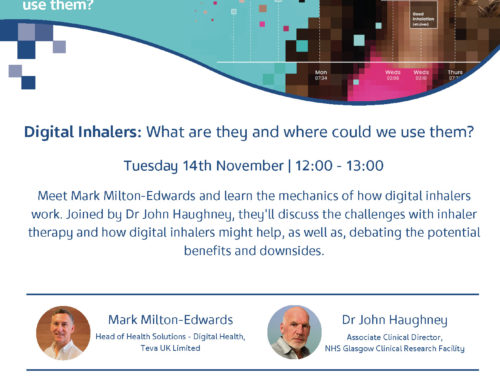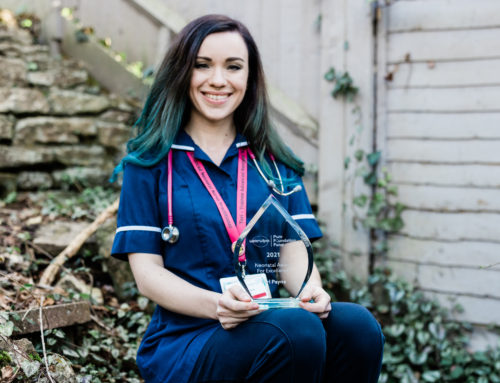Glasgow Royal Infirmary (GRI) has become the UK’s first hospital to offer an outpatient, nurse-led service for faecal incontinence. This life-changing treatment is now available to patients from across the West of Scotland without the need for admission to hospital.
Bowel incontinence affects up to 10 per cent of adults in the UK, with around one-to-two per cent reporting severe symptoms. Incontinence can be a disabling condition which often remains hidden as people find it embarrassing to discuss and may believe that successful treatments are not available.
Until now the surgical treatment of incontinence often required inpatient admission for treatment under general anaesthesia. However, the GRI now carries out tests under local anaesthetic on a fully outpatient basis, delivered by a team of specially trained nurses and allied healthcare professionals.
The test service is provided for patients with faecal incontinence who have previously been treated through a range of medical and surgical measures without success.
Patients meeting set criteria have a Sacral Nerve Stimulator (SNS) implanted in the lower back. The device is similar to a pacemaker and sends electrical signals to the bladder and bowel, helping to restore normal function.
Graham MacKay, Consultant Colorectal Surgeon at the GRI, said, ‘Incontinence affects a large number of people nationally and we’re dedicated to helping our patients manage, or eradicate, the symptoms without the need to stay in hospital.
‘Where appropriate, we are now fitting patients with an SNS in a fully outpatient setting. Sacral nerve stimulation is a highly successful treatment which effectively alleviates symptoms of bowel incontinence, and in many cases, eliminates them completely.
‘Being able to deliver this service on an outpatient basis has led to an increase in patient satisfaction and reduces the inconvenience of being admitted to hospital.’
He continued, ‘Our team of allied health professionals are specifically trained in the assessment and management of incontinence and provide an approachable face for patients who may be reluctant to discuss these health needs.
‘Not only does this way of working free up consultant time to focus on patients with the highest degree of medical need, it means we are building on the existing skills of our nurses and allied health professionals.’








